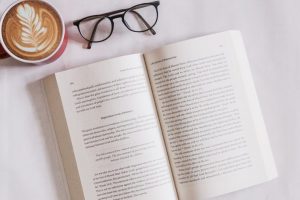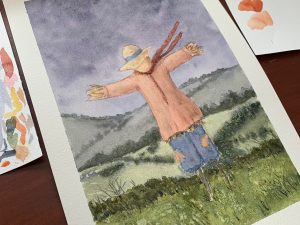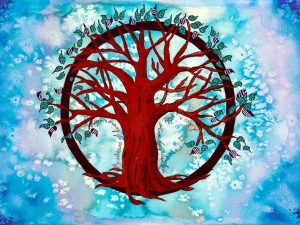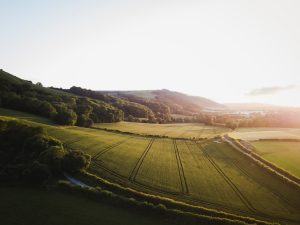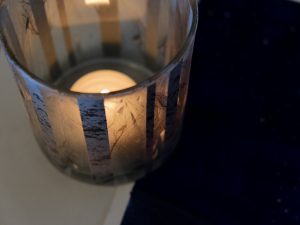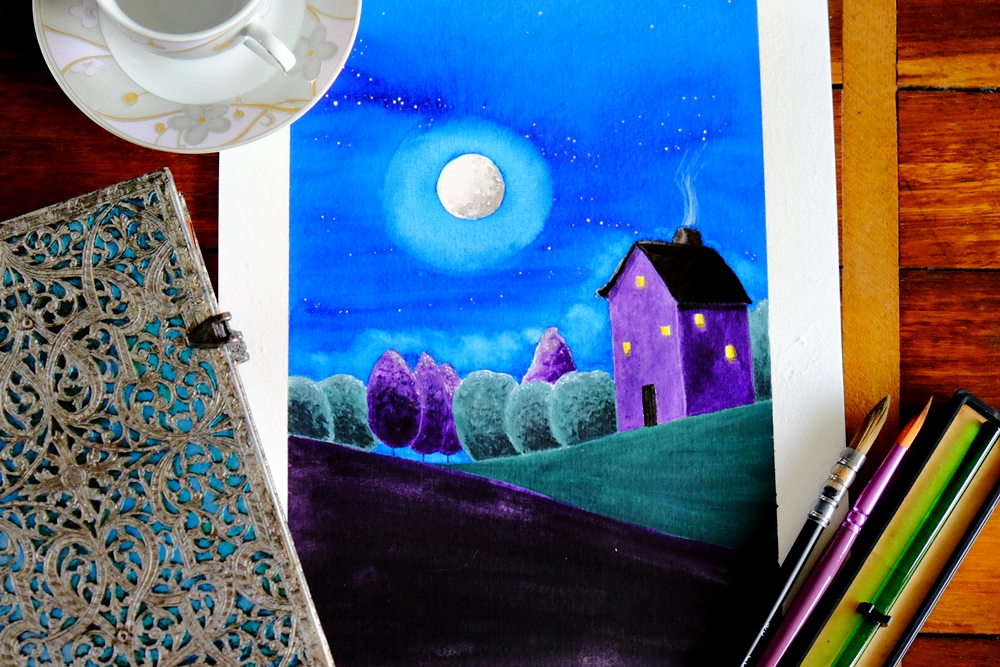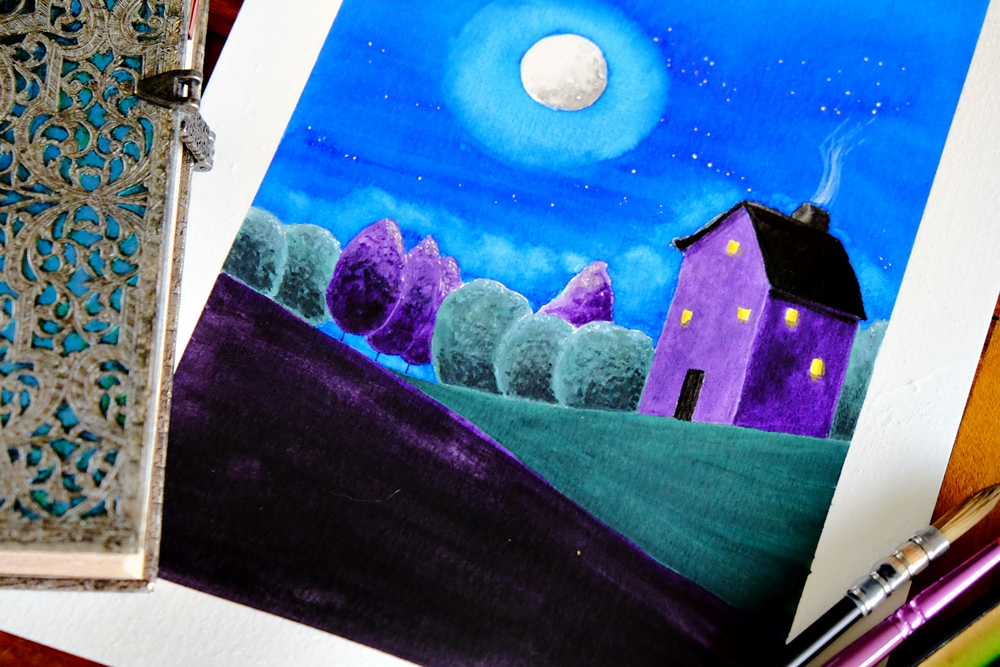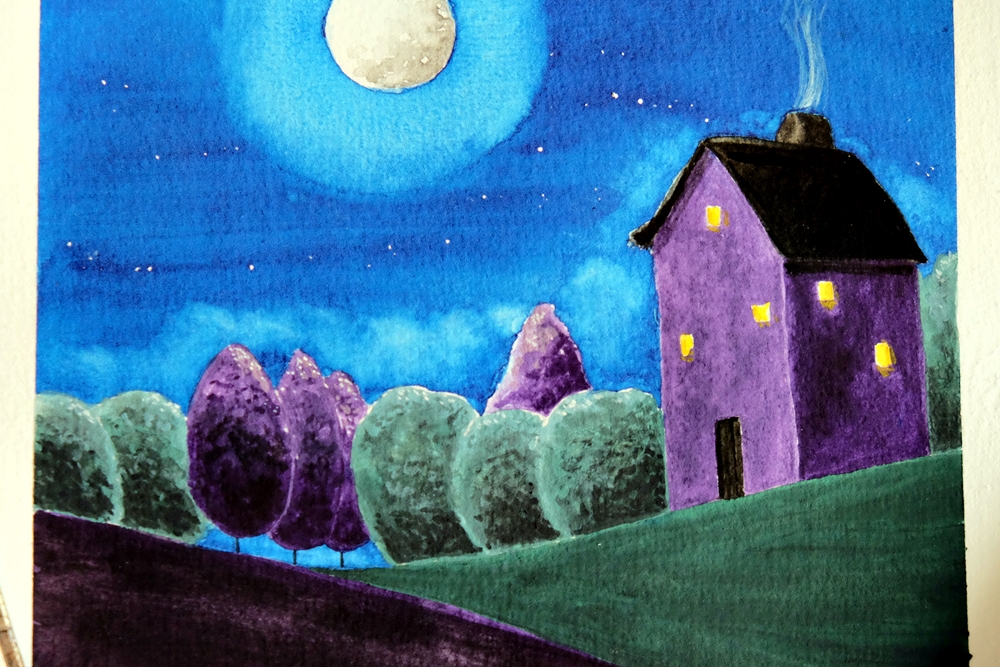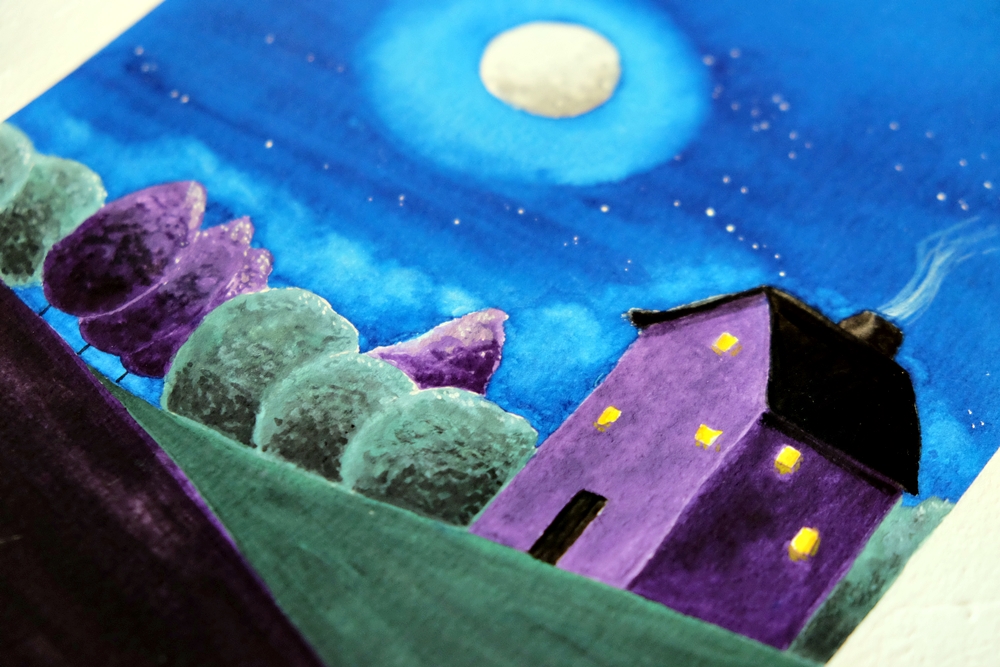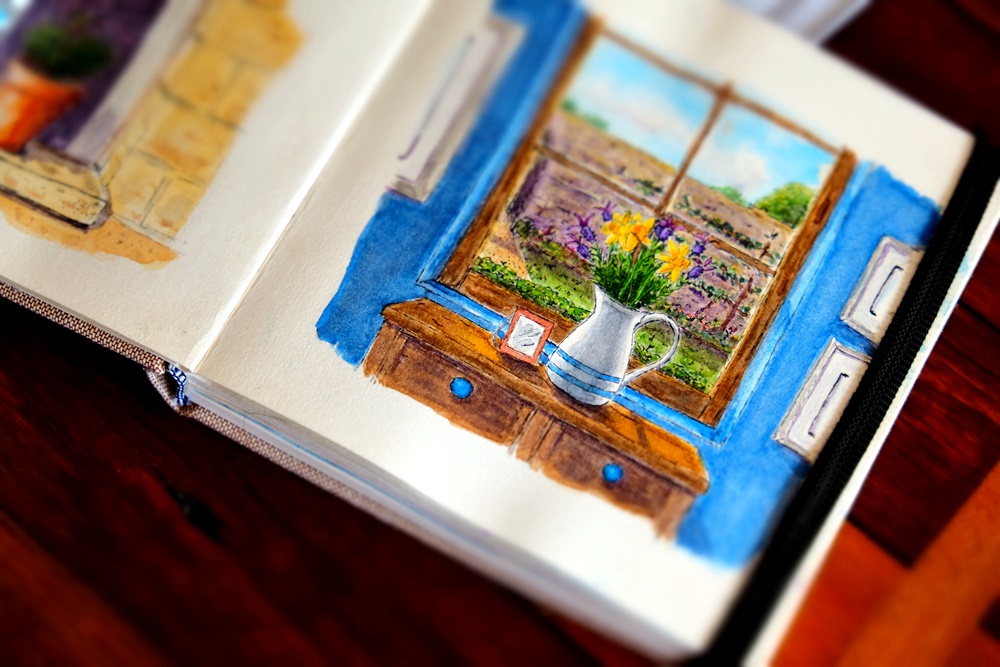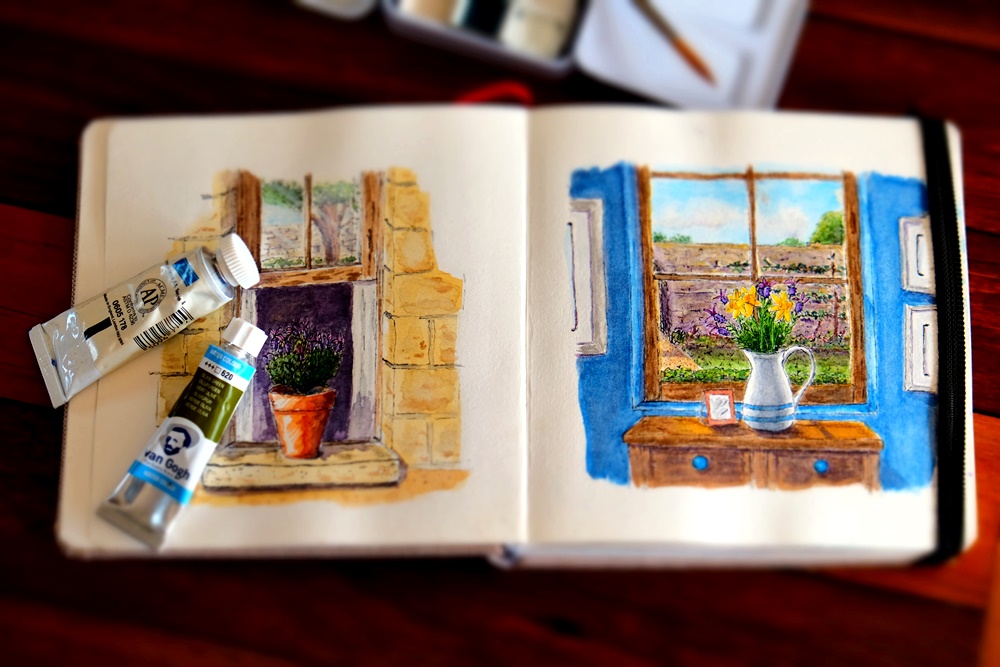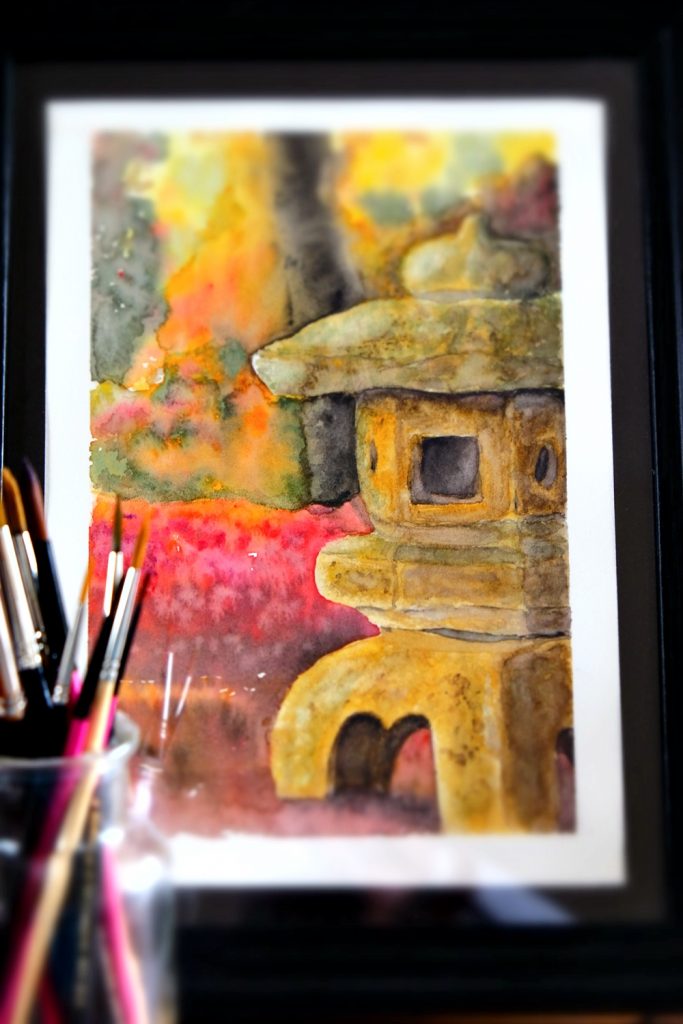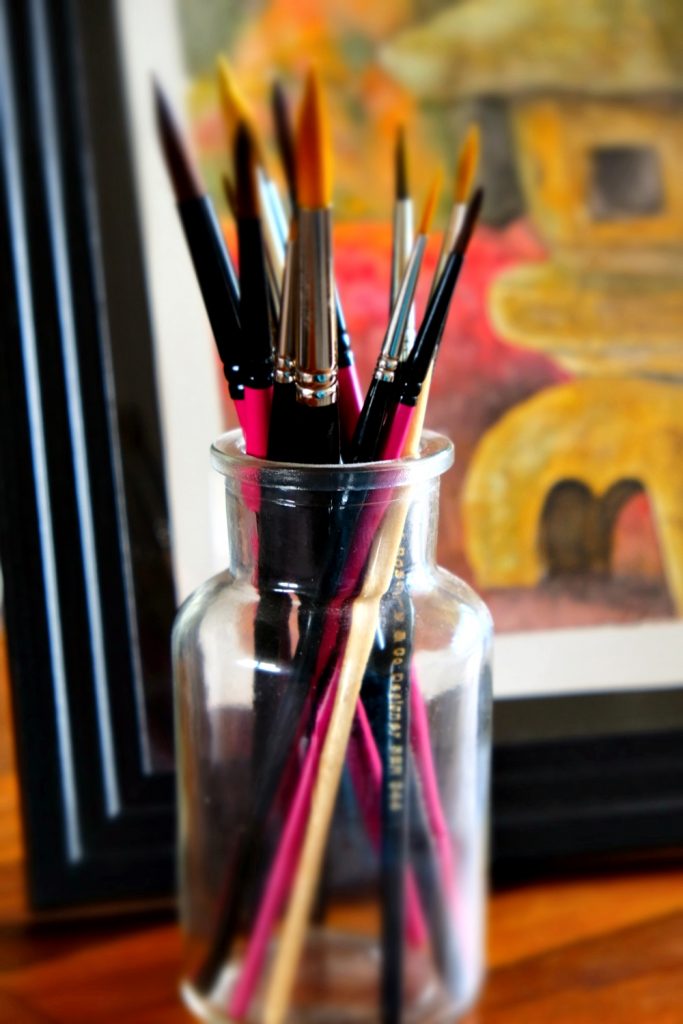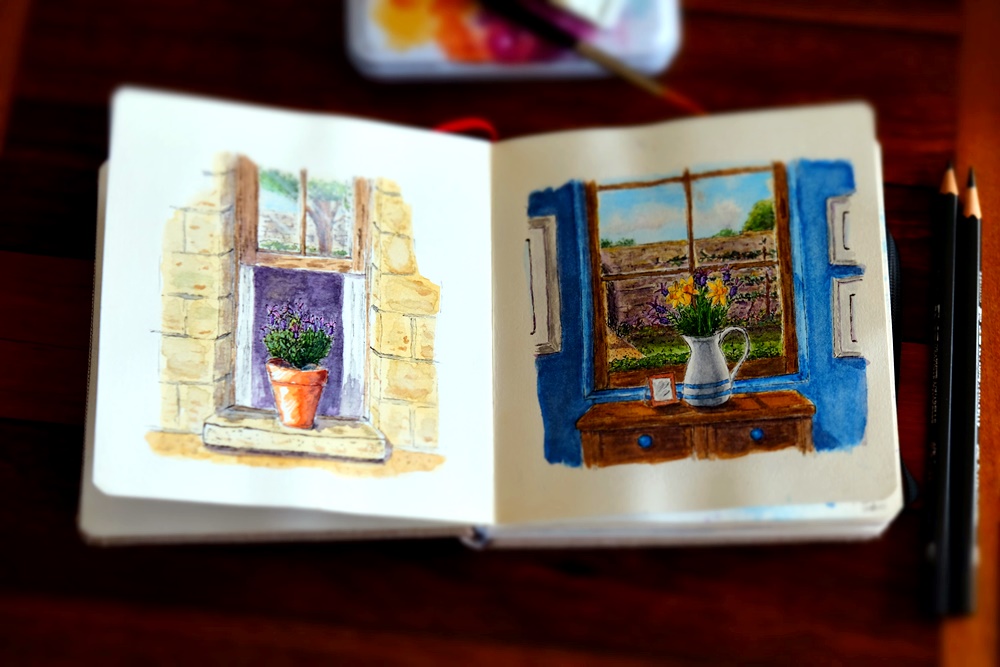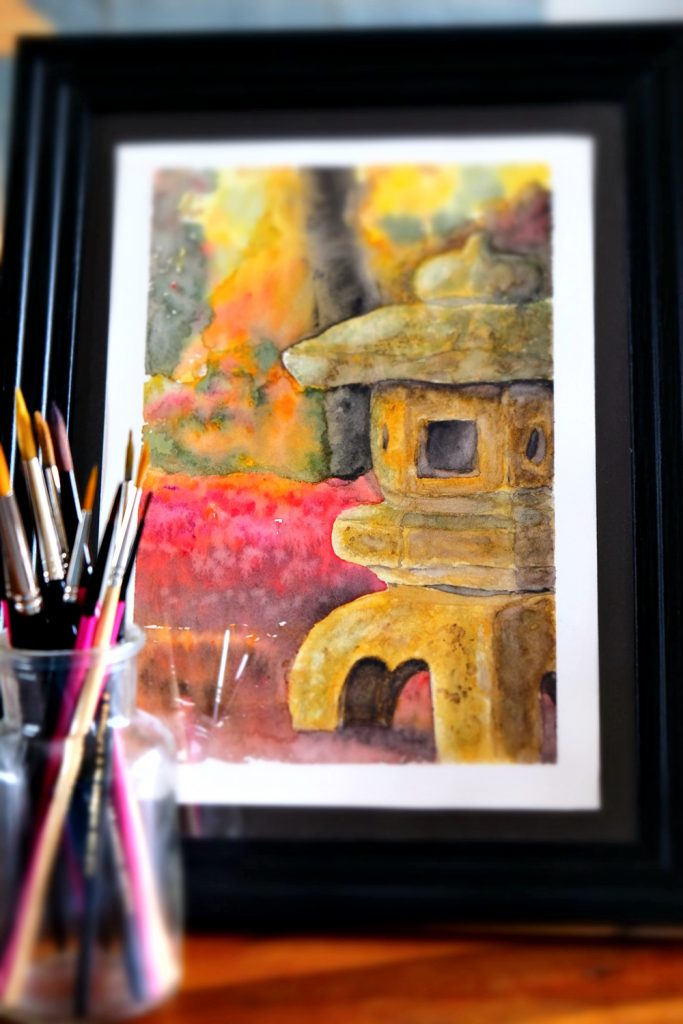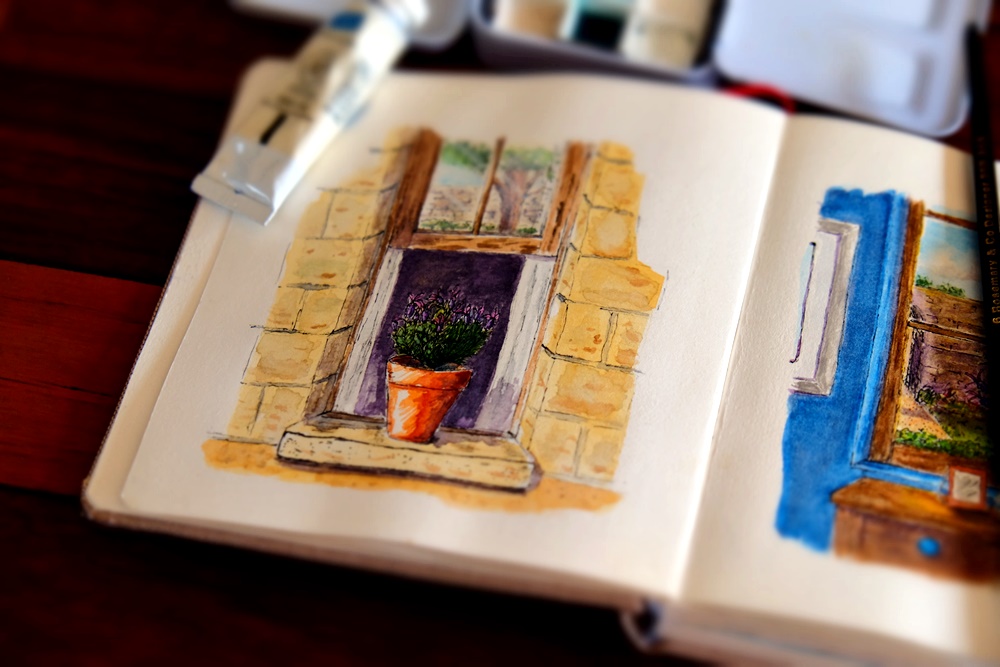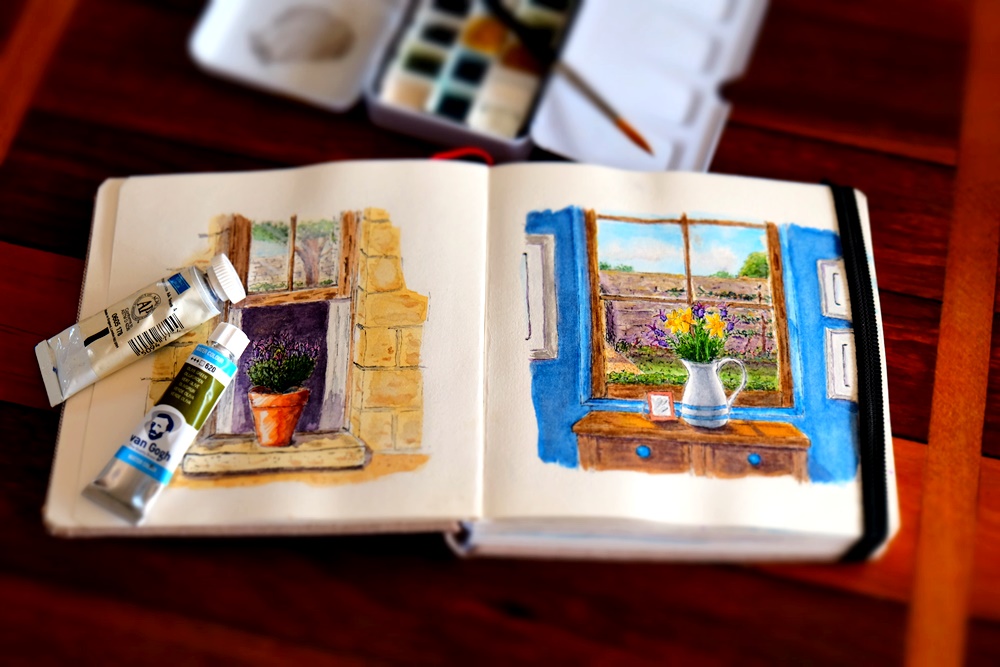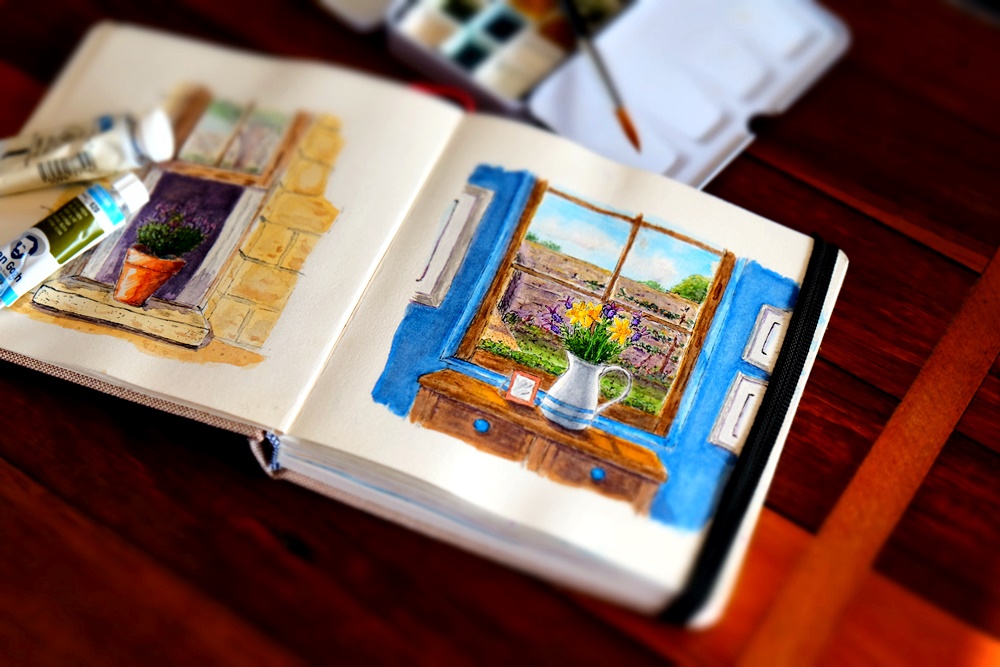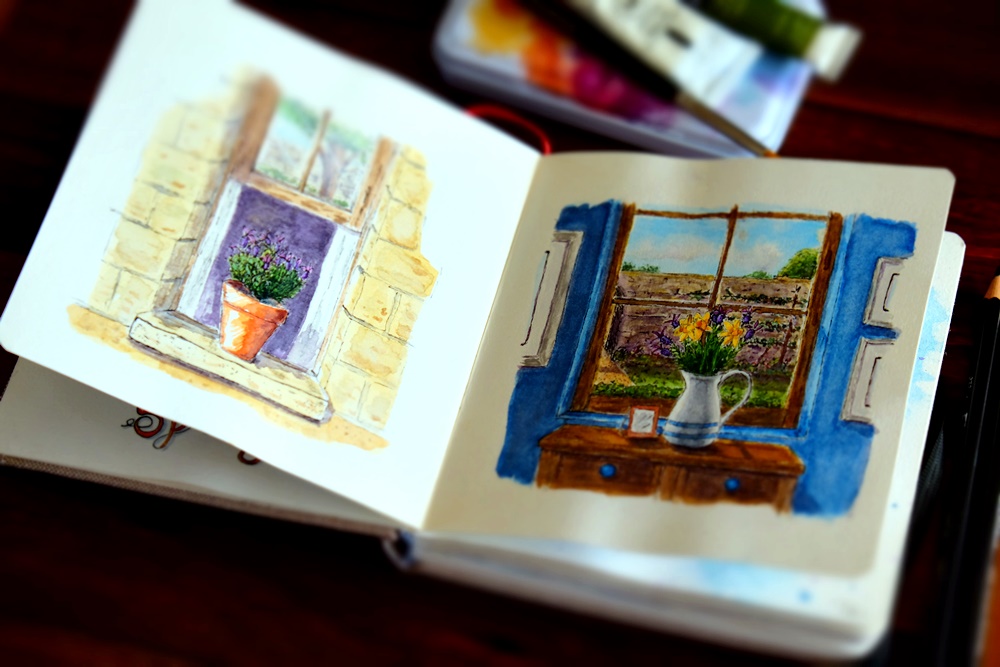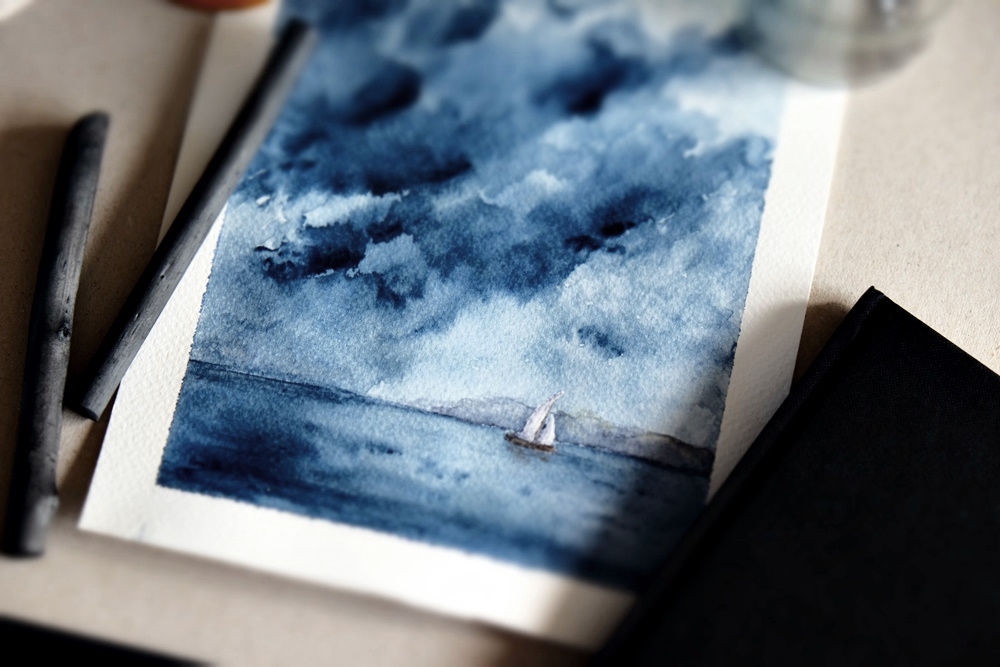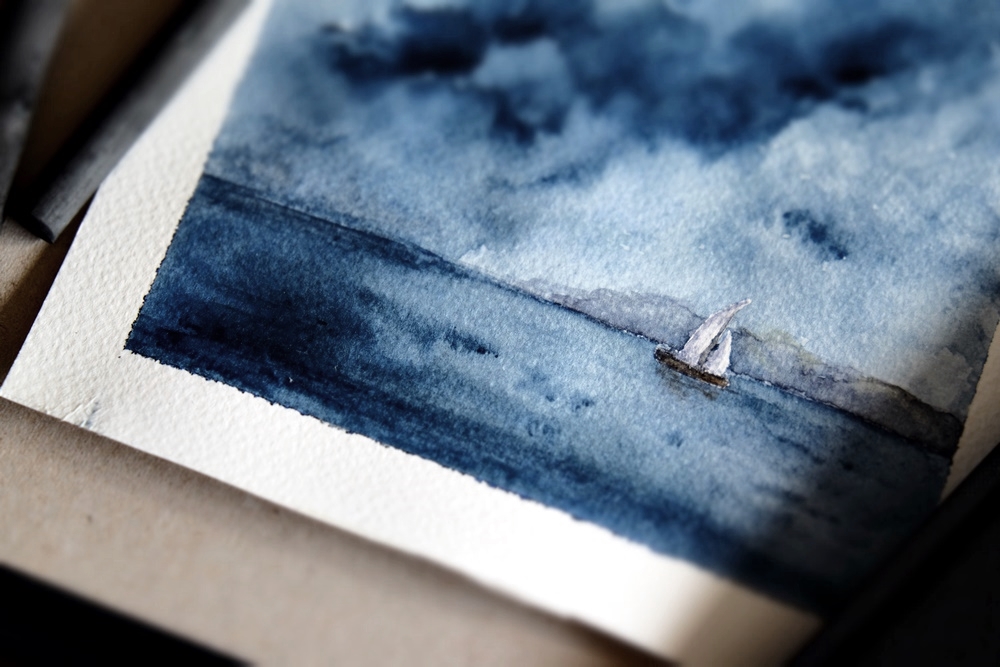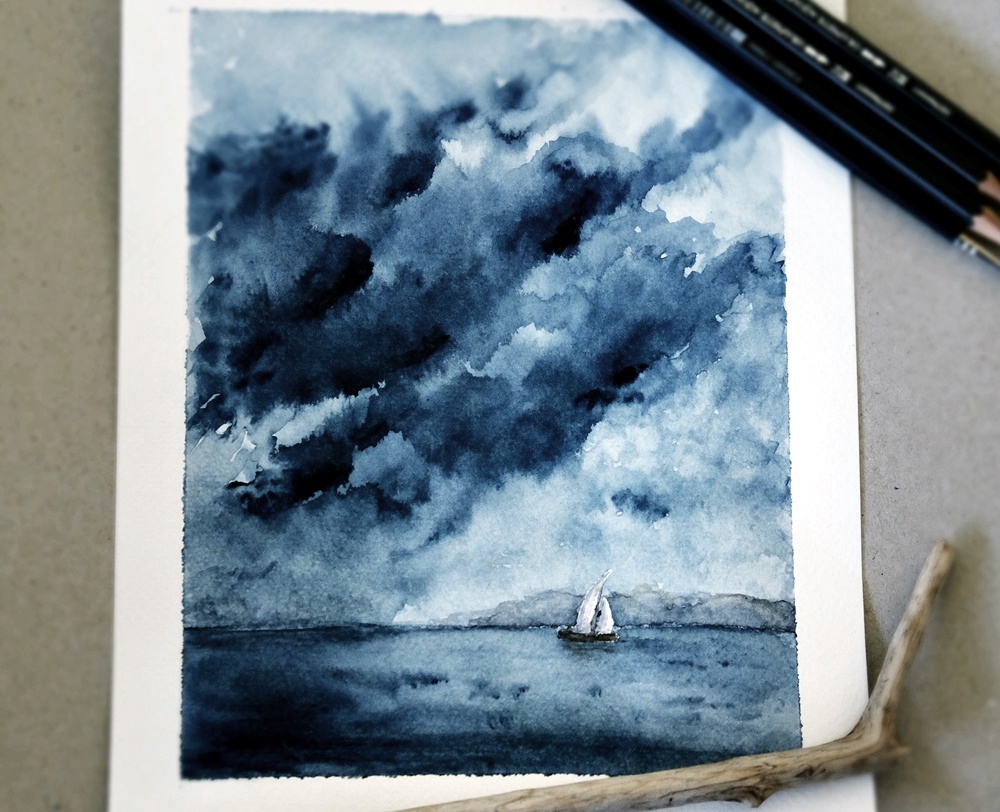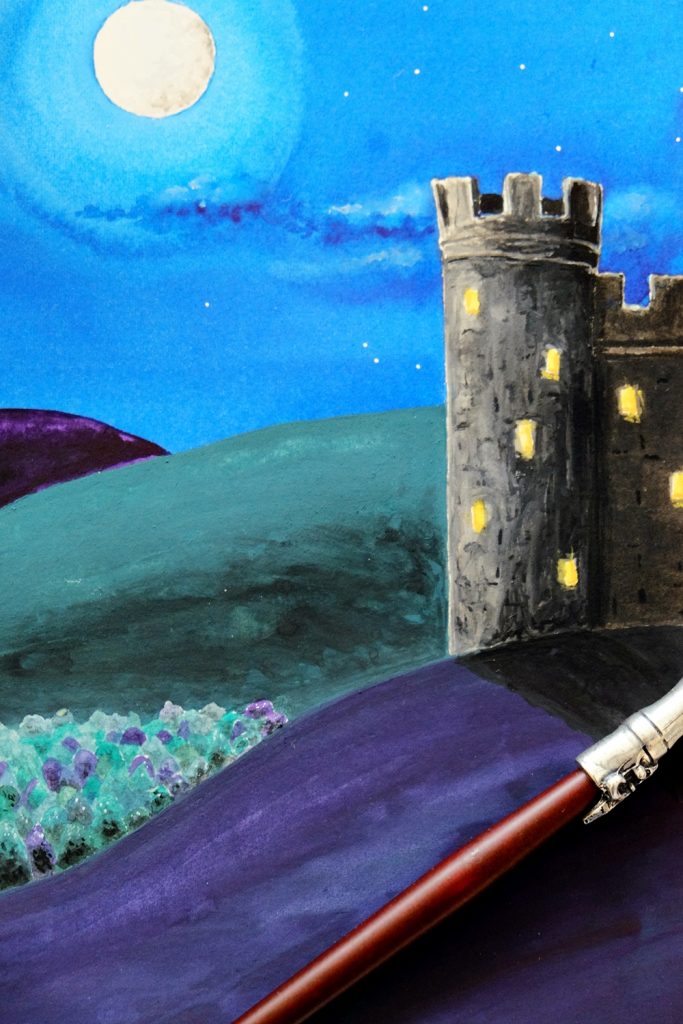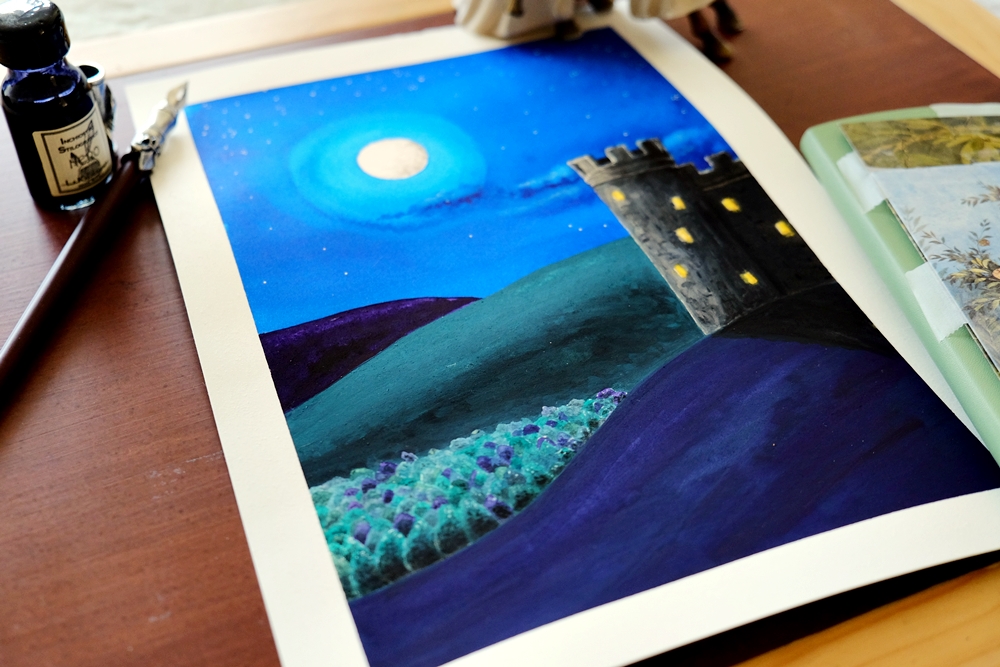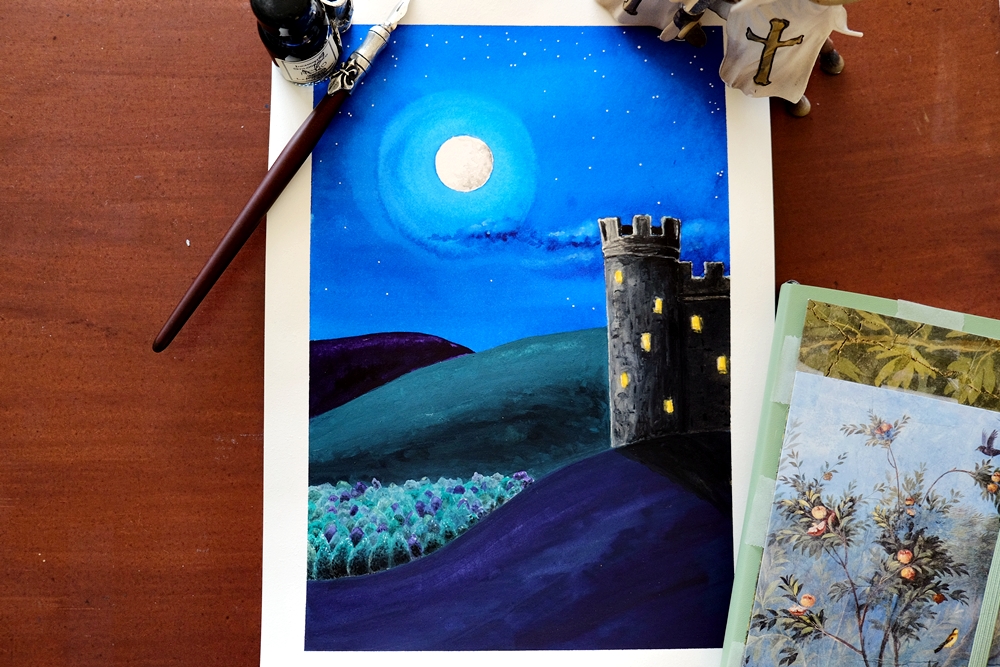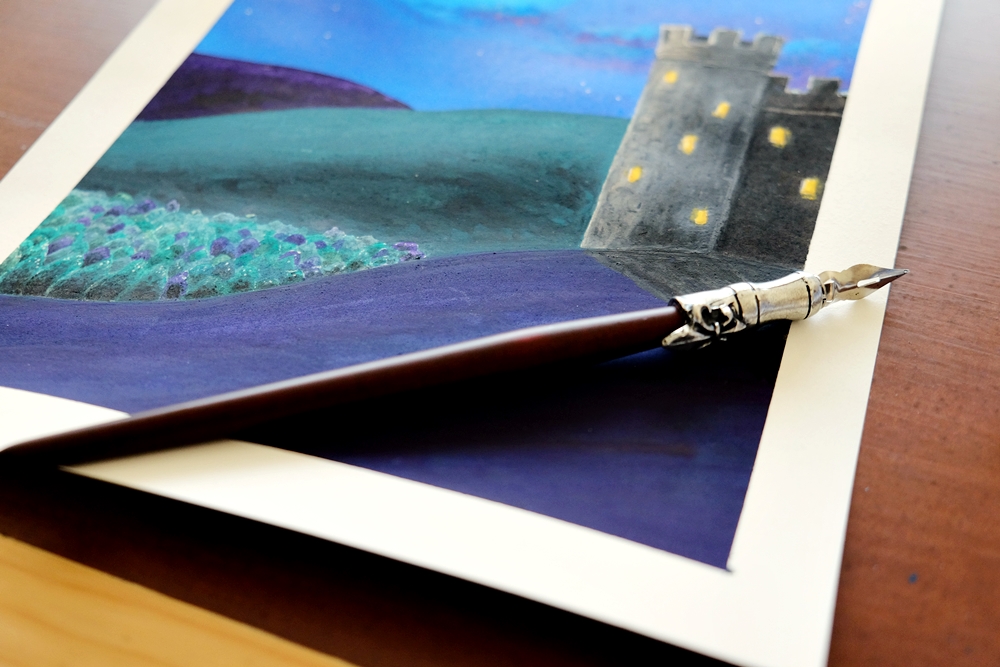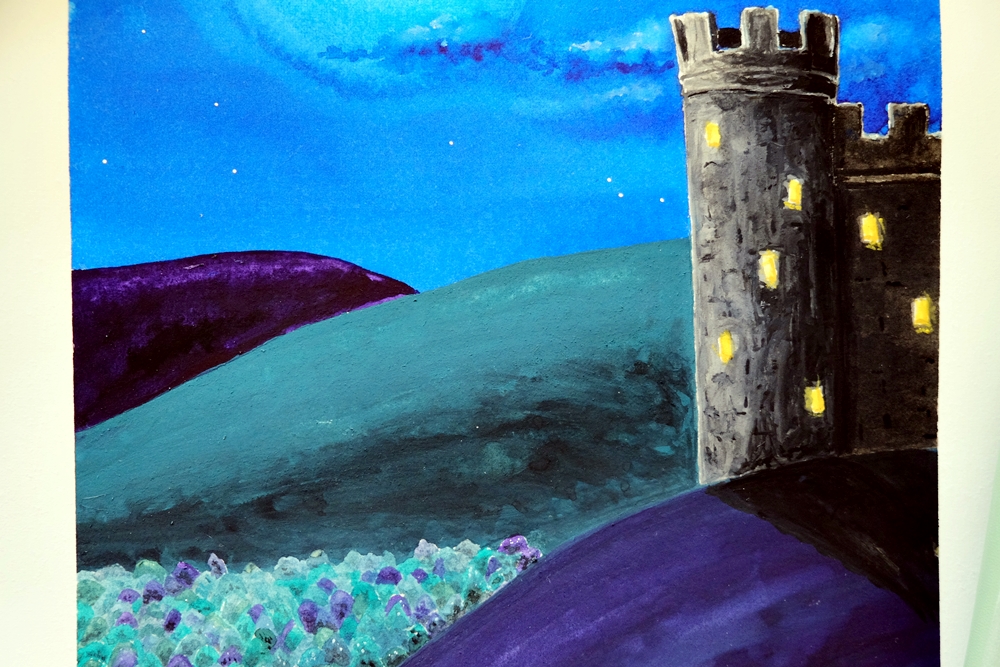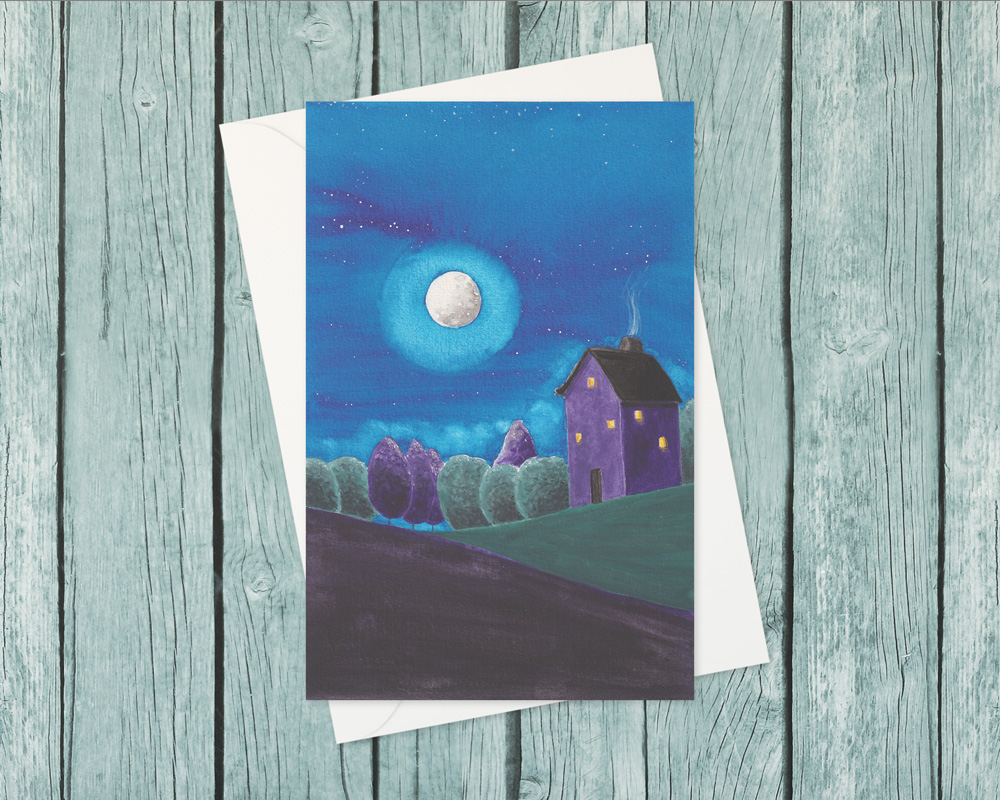*BOOKS* Do you make these mistakes in your writing? Two challenges to try.
If you’re a writer, word choice is your greatest tool and your most powerful weapon. How you say something is just as important as what you say.
Lately, I have seen two very clear problems creeping into published novels and non-fiction books that make things hard for the reader. In fact, just recently, I saw both of these issues in the same non-fiction book, on the same page. Even worse, they were in the very first and third paragraphs of a newly published book. And a book by a major publisher no less.
Can you recognise the problems in the excerpts below? Try the two challenges.
Challenge One:
.
I like that writers are trying to be more beautiful and poetic in their word choices. I think this is an important step from a surplus of books with bland writing that just state what is going on rather than trying to show using verb choices, metaphors, alliteration, rhythm, sounds, and the senses.
What has crept in instead, though, is a run of books where the writers have tried to write beautiful, telling phrases using all the word tools at their disposal but they have missed the mark. They don’t quite have a handle on their craft and they haven’t thought about what is the exact right word to use in that situation. They end up with a mixed metaphor that does the opposite of what they hope. It muddies the waters.
Mixed metaphors can be obvious, especially when spread over a scene, but they can also be very subtle, slipping into your work in the form of badly paired words. When you choose the exact right word for an image you’re trying to create, you must consider all the words around it. Words partner with other words, and they either work together or don’t make good partner words at all.
But what do I mean by a mixed metaphor and word partners? Perhaps it would be easier to show you, rather than tell you.
Two weeks ago I received a sample of a new book published by a major publishing house about lighthouses. In the very first paragraph, I read this:
“Far out to sea, at nightfall, a seventeenth-century tower creaks on its foundations. Sea sloshes and prowls below the stone base while, above the weathervane, seagulls hang momentarily before dispersing.”
From Seashaken Houses: A lighthouse History from Eddystone to Fastnet by Tom Nancollas.
What is wrong with this sentence? If you want to try and find the problem yourself, pause at this point and take a good look at the sentence before seeing my answer below. Learning to recognise these subtle errors is a good step to improving your own writing.
Answer:
Look at the words “sloshes and prowls”. Water doesn’t prowl, obviously, so it is a metaphorical word. It is likening the water to a kind of wild animal, prowling around the base of the lighthouse. There’s nothing wrong with that. But then he’s also partnered it with the word ‘sloshes’. Wild animals don’t slosh. Therefore, he has a mixed metaphor.
It’s subtle, isn’t it, but it makes all the difference, and it’s something you need to be aware of when you choose your words. Don’t just choose them because ‘sloshes’ is a great word and ‘prowls’ is a great word and because they seem to create vivid, emotive imagery. Either of those words is great. But together, they are a mixed metaphor.
At the moment he used the word ‘prowls’ which isn’t a word that goes normally with water, he entered a contract with a metaphor. That means the reader’s mind has just entered into a metaphor too. And so now the writer must honour that contract and keep up the metaphor for at least that sentence, if not that paragraph. The moment the writer betrays that contract, the reader is confused and has to work harder.
There are two responses a reader can have, depending on the word order, and neither is good.
The point of the word ‘prowls’ when linked to the sea is to get a reader to enter into an alternate mental state where he or she can really see that water prowling like a wild animal trying to find a weakness in that structure in order to get in. It carries a lot of emotion and imagery in just that one word. (If that’s not the point, and not what the writer means, he needed to choose a very different word.)
So, if he had written ‘prowls’ first, then at that point where the reader is imagining that wild animal, and the writer now throws in the word ‘sloshes’, a reader’s mind doesn’t know how to fit ‘sloshes’ in with wild animals. The reader is jolted from that metaphor.
Had he written ‘sloshes’ first and then thrown in ‘prowls’ (which he did), the reader does the equivalent of wooshing over the top and moving on because the two words don’t work together and thus don’t create a metaphor. The impact of both words is entirely lost. It is like fast-forwarding a scene in a movie. The impact of the visuals, the heightened music, the angles and the lighting is completely lost. It’s just a blur of unconnected images. No emotional connection is made.
Challenge Two:
.
For bonus points, see if you can see what’s wrong with the line from the second paragraph:
“I imagine the sea that evening looked like one of J M W Turner’s visceral marine paintings, rearing and rippling in great folds.”
There are three main things wrong with this one seemingly innocent sentence. Just stop and think about it for a while, because as a writer, you need to be able to learn to see when it is happening so you don’t make the same mistake. Don’t leave it up to an editor to find. This kind of editing completely affects your style. It changes the way you sound. And you don’t want someone else creating your style because your style is who you are at your core. This means learning to find these kinds of problems for yourself.
After giving it some thought, if you want the solutions, see below.
Answer:
Problem One: (The Big One) If you look closely at that sentence, nouns and phrases are referring to all the wrong things. Because of the way this sentence is worded and ordered, he is saying, in effect, “I imagine the sea that evening looked like a painting.” And then he goes on to tell us, in effect, that the painting itself, not the sea in the painting, is rearing and rippling in great folds. That’s an interesting piece of canvas!
He obviously meant that the sea in the painting is rearing and rippling in great folds. That makes more sense, but he hasn’t observed the relationship of the phrases in his sentence.
It could all be simply fixed by saying it this way:
“I imagine the sea that evening looked like the sea in one of JMW Turner’s visceral marine paintings, rearing and rippling in great folds.”
But THIS is even better because it is grouping like with like:
“I imagine the sea that evening looked like the rearing and rippling and folding sea in one of JMW Turner’s visceral marine paintings.”
(A hint: This latter sentence fixes the problem I’m about to describe below.)
Problem Two: This relates to the same problem of words that refer to each other. Look at this phrase: “rearing and rippling in great folds”. We’ve established that it’s the sea rippling, not the painting like the sentence suggests, but now we have the problem of something rearing in great folds. The way he has worded it pairs rearing and rippling with the explanation of ‘in great folds’. So, rippling in great folds is okay, not great, but okay. But can you rear in great folds? I’m pretty sure he meant the two phrases to stand alone so that technically he is saying, “The sea ripples in great folds, and the sea rears.” But he has tried to be so poetic and beautiful with his phrase, so rhythmical, that he has actually worded it all incorrectly.
A better, clearer solution that doesn’t lose any rhythm but in fact enhances the rhythm even more, is the one I showed above:
“I imagine the sea that evening looked like the rearing and rippling and folding sea in one of JMW Turner’s visceral marine paintings.”
Does that sound better? ‘Rearing and rippling and folding’. It has a rhythm of lots happening, a very active, turgid sea.
Problem Three: At this point, I should mention that the combination of ‘rearing’ and ‘rippling’ is borderline mixed metaphor territory because horses etc rear but they don’t ripple – at least not the way he means ripple. And water ripples and in a way folds but doesn’t rear. I guess it depends what he meant by rear. It might seem like three clever, emotive words, but are they partner words?
You decide. ▪
Book Recommendation
If you want a book that will teach you all the tricks and give you all the tools for developing a superpower with word choices, I highly recommend the book, “Getting the Words Right” by Theodore Cheney. I also recommend reading it with a pencil in hand. Highlight key paragraphs and great examples, and then re-read all of those examples and paragraphs before every major line edit of your books.
God brought that book my way many, many years ago in my supernatural education I talk about here, and it was transforming. The book is getting harder and harder to buy so beg, buy or borrow a copy while you can.


